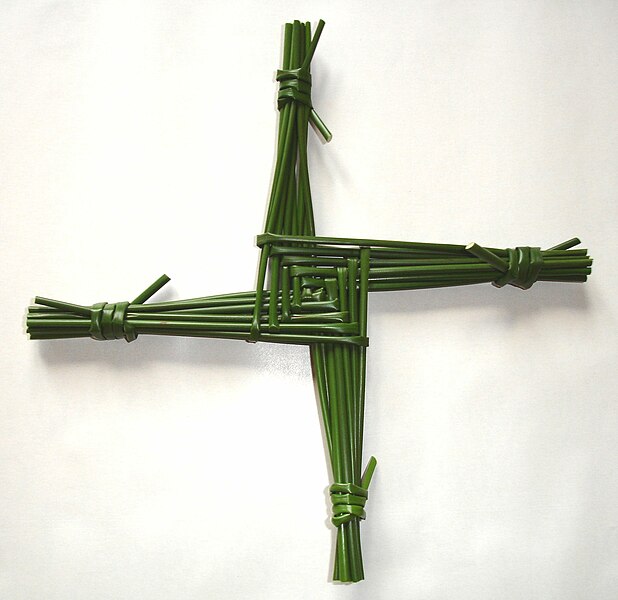 The Court of Appeal today handed down judgment in the case of JIH v News Group Newspapers Ltd ([2011] EWCA 42). In allowing the appeal against the order of Tugendhat J ([2010] EWHC 2818 (QB)) the Court ordered that the claimant’s anonymity should be restored. Although the Court stressed that each decision is fact sensitive, this approach seems likely to be followed in most types of privacy injunction cases. This eagerly awaited decision adds to the growing body of case law concerning reporting restrictions where an injunction has been granted to restrain publication of information about a claimant’s private life.
The Court of Appeal today handed down judgment in the case of JIH v News Group Newspapers Ltd ([2011] EWCA 42). In allowing the appeal against the order of Tugendhat J ([2010] EWHC 2818 (QB)) the Court ordered that the claimant’s anonymity should be restored. Although the Court stressed that each decision is fact sensitive, this approach seems likely to be followed in most types of privacy injunction cases. This eagerly awaited decision adds to the growing body of case law concerning reporting restrictions where an injunction has been granted to restrain publication of information about a claimant’s private life.
The JIH judgment makes interesting reading for two reasons. First, it contains an important discussion about the ways in which reporting restrictions should be tailored in order to best serve the public interest in open justice whilst still providing adequate protection for the parties’ Article 8 rights. Recognising that there is a usually tension between disclosing the identity of the parties to a claim and disclosing the nature of the information that is the subject of the claim, the court plumps for the latter on the facts of JIH. In so doing, the court offers strong support for those who believe that the public interest is usually better served by disclosure of details about the injuncted information itself (together with anonymity for the claimant if necessary) rather than publication of the bare fact that a named individual has obtained an injunction in respect of unspecified information.



